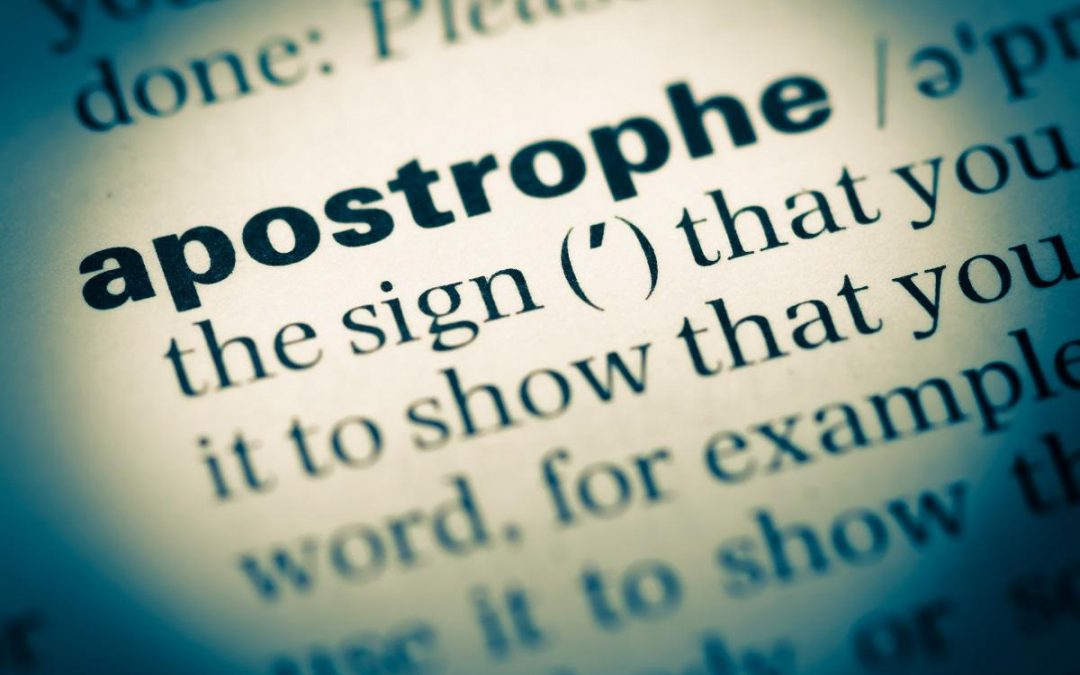Mouth Breathing and Speech Pathology
Have you ever stopped to notice how your child breathes? Does he breathe through his mouth? Does she breathe through her nose? Humans are designed to be nasal breathers. But many people breathe orally – through their mouths – and this has been shown to have a detrimental effect on a child’s learning, concentration, behaviour, and general health.
There is already mounting evidence for mouth breathing contributing to a lack of working memory, increased learning disorders, and reduced academic achievement, not to mention dental issues. Now the evidence is growing to show that mouth breathing also contributes to speech and language disorders.
Much of the research on the effects of chronic mouth breathing come out of Brazil, and many papers haven’t yet been translated into English. In Brazil all children visit an ENT (Ear Nose and Throat surgeon, also known as an otolaryngologist) before any initial assessment with a speech pathologist. This helps to establish whether a child has, amongst other things, problems with nasal breathing. If a child can’t adequately breathe through their nose, steps are taken to rectify this, if appropriate, and then speech pathology gets involved.
My blogs, over time, are going to talk about the current research surrounding chronic mouth breathing and its effect on learning, behaviour, and speech pathology related issues. The aim is to create awareness, and hopefully a greater understanding, of this underreported and often under-diagnosed and unappreciated condition in children.
Today’s study is one conducted in 2010, in Brazil, by Patricia Junqueira and colleagues. These researchers looked at 414 Brazilian children between the ages of 2 and 16 who had a history of mouth breathing, mostly due to hay-fever, but many as a result of enlarged adenoids, or a combination of the two. They assessed these children for speech-sound disorders or articulation disorders and language difficulties, as well as orofacial myofunctional disorders, and found that their mouth breathing did indeed contribute to their speech pathology issues. Their conclusion is telling – that mouth breathing may lie at the very heart of a number of speech pathology related issues.
Junqueira, P., et al. (2010). Speech-language pathology findings in patients with mouth breathing: multidisciplinary diagnosis according to etiology, International Journal of Orofacial Myology, 36 (1), 27-32.
About the Author Nel MacBean
Nel holds a Master of Speech Language Pathology from the University of Sydney and post graduate qualifications in Education. As a Certified Practising Speech Pathologist (CPSP), she is a Member of Speech Pathology Australia (MSPA), with more than 10 years’ experience in speech pathology and prior to that almost 20 years of teaching.
She is currently undertaking higher degree research within the Faculty of Medicine and Health in the discipline of Speech Pathology at the University of Sydney. Read more here
Our speech pathology and psychology clinic is located in Braddon, ACT, in Canberra’s CBD. Call us on 5117 4890 or email reception@inpositivehealth.com to get in touch.
In Positive Health, Canberra. Nel MacBean Speech Pathologist Canberra. Campbell MacBean Psychologist Canberra.
Speech pathology Canberra Speech pathology Canberra Speech pathology Canberra
Speech pathology Canberra Speech pathology Canberra Speech pathology Canberra
Speech pathology Canberra Speech pathology Canberra Speech pathology Canberra
Speech pathology Canberra Speech pathology Canberra Speech pathology Canberra
Speech pathology Canberra Speech pathology Canberra Speech pathology Canberra
Speech pathology Canberra Speech pathology Canberra Speech pathology Canberra
Speech pathology Canberra Speech pathology Canberra Speech pathology Canberra
Speech pathology Canberra Speech pathology Canberra Speech pathology Canberra
Speech pathology Canberra Speech pathology Canberra Speech pathology Canberra
Speech pathology Canberra Speech pathology Canberra Speech pathology Canberra







